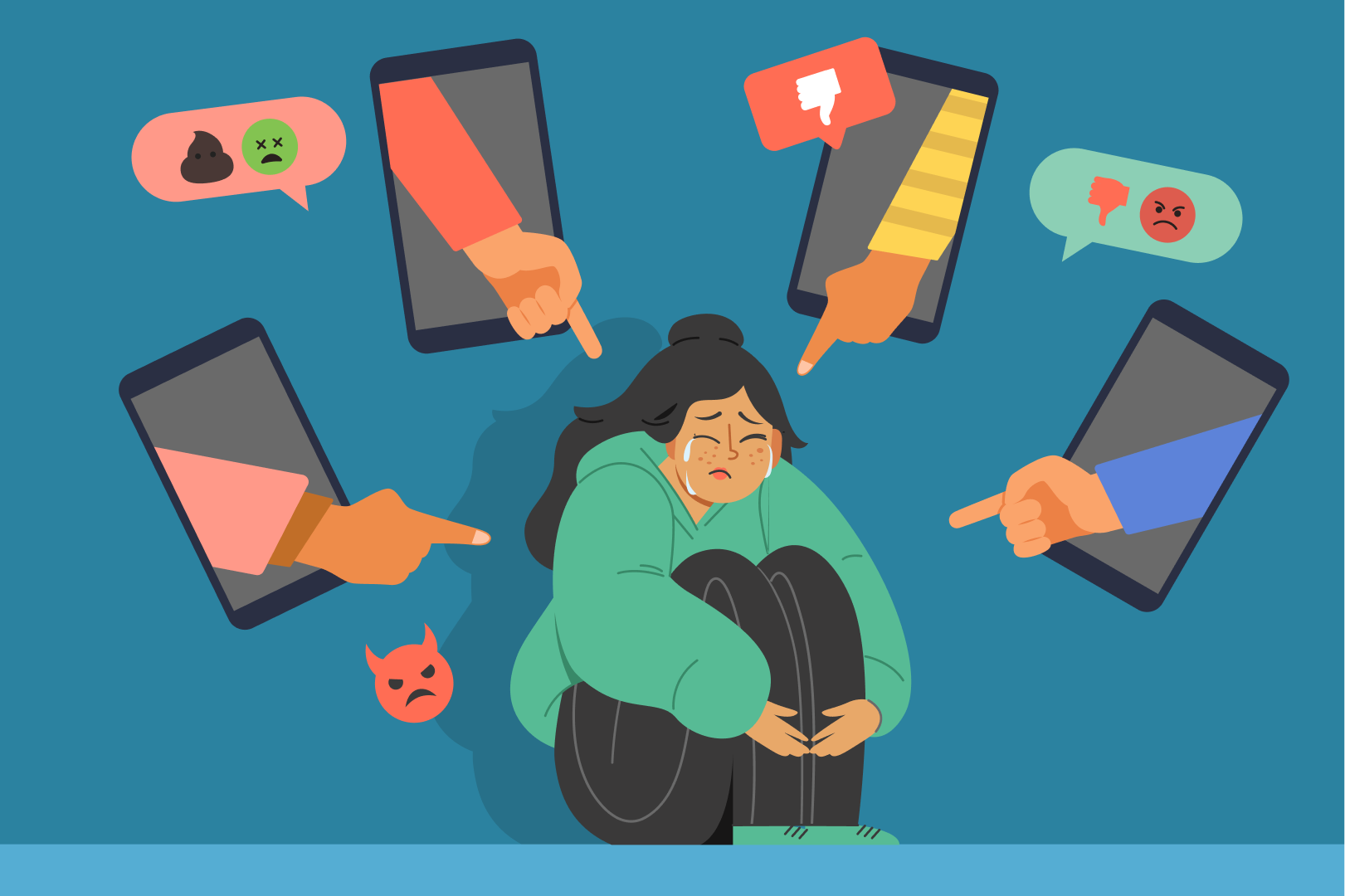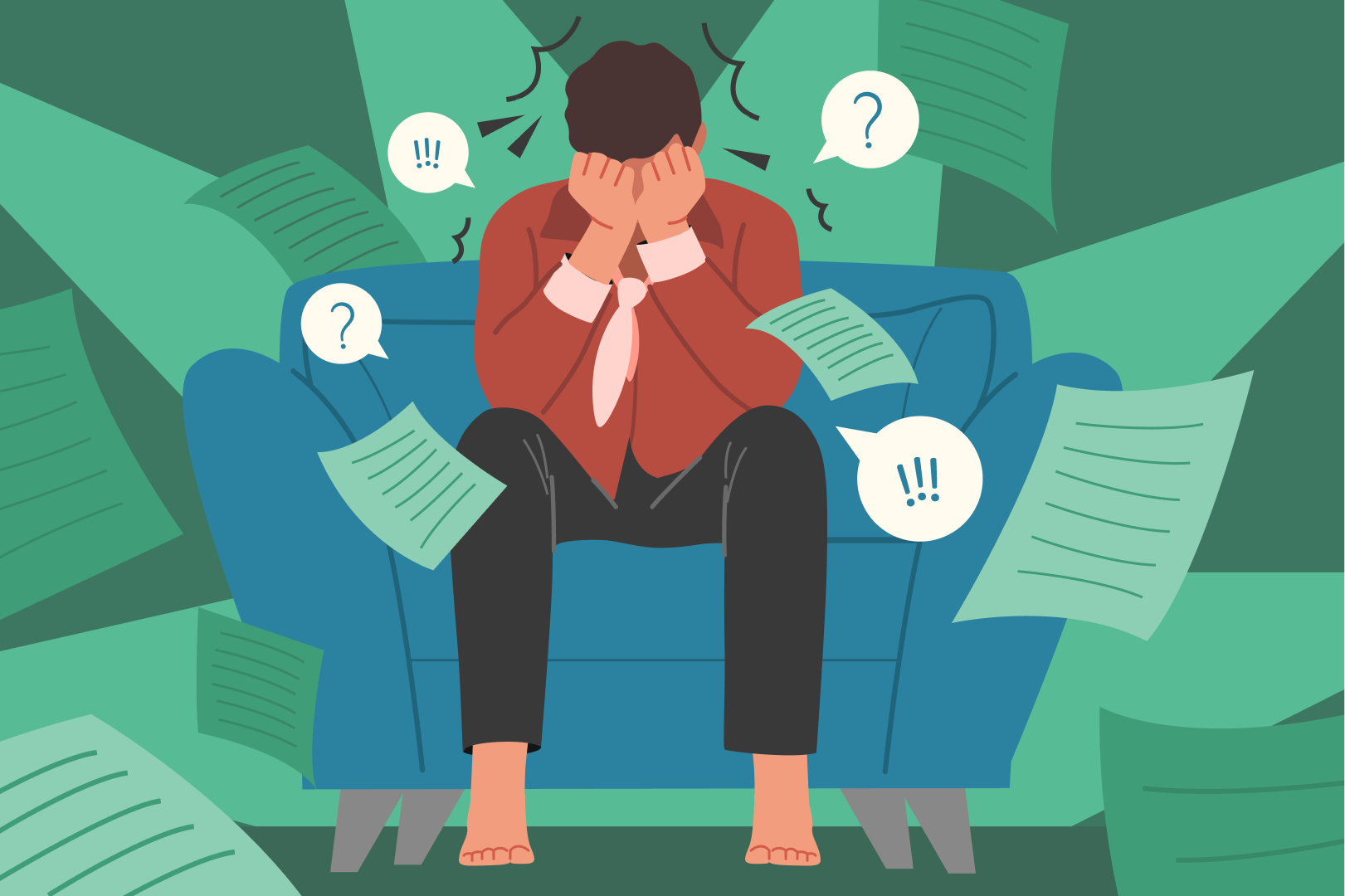Parents and Adults can best help grieving teenagers by accompanying them on their journey in the role of listener and learner, and by allowing the teen to function as a teacher.
There are no “right” and “wrong” ways to grieve. Sometimes adults express strong opinions about “right” or “wrong” ways to grieve.
It’s important to remember that Grief is an unavoidable part of life. No matter what you do, grief will find you. Even though Grief is a natural side effect of losing a loved one, we tend to have a pessimistic outlook on the grieving process. Many are taught at a young age that expressing “negative” emotions is wrong, which makes the grieving process harder.For many, grief is first experienced during adolescence when coping skills are only just beginning to surface, specifically during the ages of 13 to 18. During this stage of their lives, their bodies are developing both physically and mentally. This makes the grieving process, on top of self-discovery and self-identity, extremely difficult
Common Ways Teens View and Deal With a Death
When my parents told my brother and me that our pet Tommy had passed away suddenly, my first reaction was to drop to my knees and bawl. I was 16, and I already had my fair share of dealing with loss. But this loss was different. I was very close with my pet, and his death was completely unexpected.
An overwhelming wave of sadness, confusion, shock, disbelief, and anger crashed into me all at the same time, but the only thing I could do was cry. And I cried a lot.
- There are many ways a teen may view and deal with a loss though. There is no formula for dealing with grief. We all experience a vast amount of emotions throughout our lifetime, but adolescence is usually the stage when we first endure a loss.
- Teens have an understanding, but do not know how to cope. Many adolescents have an adult understanding of the concept of death but do not have the experiences, coping skills, or behavior of an adult. For bereaved teens who haven’t yet experienced the landslide of emotions related to loss, most will not possess sufficient self-care knowledge to properly cope.
- For parents, family and caregivers too teenagers, it is important to normalise the range of emotions they may be feeling. Telling the teen to “be strong” may cause anxiety and cause them to hide their emotions or act “fine” when they really are not. Instead, tell the teen that it is okay to cry, to distance themselves, and to do what brings them comfort (so long as they do not turn to self-destructive behaviors).
It is important to pay special attention and take careful steps to help your teen:
- Some may act out or be reckless. Acting out in anger is common amongst teens who lack proper coping skills. Additionally, this anger may be aimed at family members or peers. Some teens will show impulsive or reckless behaviours, such as substance use, fighting in school, and multiple sexual relationships.
Dealing with a death, whether it’s a parent, sibling, peer or another loved one, is a devastating experience during adolescence due to the amount of change already occurring in their lives. If ignored, teens will often find other ways to get attention from adults, even if it means doing something harmful to themselves or to others. It is absolutely necessary to pay attention to the adolescent even if they “seem okay.”
- It is also important to have real conversations with them. If they are acting out, set the tone for conversation by showing that you understand what may be causing this, that you know this isn’t who they are, but a symptom, perhaps, of not being able to talk about how they feel. Remind them that adults, too, go through this – not that that makes it okay.
Instead, work with them to talk daily, even in small bites, about the loved one, about how they are feeling, and share stories about the person or pet who passed. Stories about how they affected your life or theirs in a positive way, or how a recent event reminded them of you are especially helpful.
- They may experience many emotions. Teens are like adults in that some tend to show their emotions while others struggle to. Many teens find it easier to mask their emotions, which, in some cases, can cause more harm than good in the long run.
- If the teen lacks support from peers, grieving the loss of a loved one may become an even more daunting process. While some adolescents prefer to not talk about it, others may feel pressured to stay quiet about the loss. Hence, adults should make it known to the teen that talking about the loss is a healthy coping mechanism, especially if they lack the available support amongst their peers.
- A state of disbelief and numbness is common amongst teens who experience a death that occurred suddenly. It is impossible to tell how long someone will be here for, and although we know no one can live forever, it is an even more traumatic experience when the death is unexpected.
- It is also important to note that adolescents will experience different emotions depending on the significance of the loss. For example, a teen might feel depressed and want to sleep all day after losing a close friend to suicide. On the other hand, the teen may feel sad but is still able to carry on with their life after losing a teacher in a car accident.
- They may have an existential crisis. The grieving process may cause teens to question their faith or their understanding of the world. I won’t lie. After losing my Tommy, I was very angry at God. Why would You take away someone who meant so much to my family? It’s a question I asked for many months after his passing. But I soon learned that it is okay to be angry. It’s okay to wonder about the meaning of life. It’s okay for your faith or knowledge of immortality to be challenged.
- As an adult, allow for an open discussion in regards to life. If you are religious, be prepared to answer questions relating to their faith. If you aren’t religious, be prepared to answer philosophical questions such as “What is the meaning of life?”
- Some teens may find it difficult to define themselves after losing someone dear to them. For example, losing a sibling may cause the teen to feel less important. In this scenario, the teen may feel overlooked if they feel alone in their grief. If you’re the parent, including the teen in your grieving process will help them feel secure, heard, and reinforce the family –– even in the wake of such a loss.
- They may not be receptive. Bereaved teens may not be receptive to support from adult family members because of their need to be independent and separate from parents. Some feel that growing older means growing less vulnerable. Because of the urge to be independent from their parents, teens will often say they are “fine” or “doing okay” when they are not in hopes they can deal with the grief themselves. If the teen sees their parent struggling, the teen may feel worried which can lead to the pressure of “stepping up” to fill in the shoes or role of the adult. Although it’s absolutely okay to grieve in your own unique way, it is still the adult’s responsibility to take care of the child while also practicing self-care for themselves.
- Self-care is important, and many teens are just now learning this. Through your own acts of self-care, you can show by example how important self-care is at this time. In addition, consider doing self-care activities together. Adults should let the adolescent know that there will be times in life when they will need to lean on someone else to get by. And that is perfectly okay.
- They may withdraw from the family. Teens may find that spending more time with friends or distancing themselves from family is the easiest way to cope with their loss.
While in high school, a friend of mine named Raj committed suicide. After a few days of lingering in disbelief, my friends became my support group since they had also endured the loss. I don’t think I talked to my parents about it much even though they made efforts to.
The point is, withdrawing from family and spending more time with friends is a very common thing to do when grieving.
Ways to Help Teenagers Cope With Grief
- Everyone goes through adolescence, but with everyone being different, it is sometimes difficult to know how to help an adolescent cope. Just like adults, teens are different from one another and tend to cope in their own unique ways. Some may lash out in an attempt to relieve themselves while others may cope by staying quiet or using humor.
- You should find out what comforts the teen. If it’s watching the deceased person’s favorite movie over and over again, that movie better be on repeat. There are so many ways to help teenagers cope with a loss; you just have to figure out which one works best.
- Strive to keep normalcy in their life.Teens want to carry on with rituals and daily routines. If the teen is not your child but is a friend of your child, continue to have them over for dinner or to stay the night. Carrying on with normal activities will help the teen feel just that— normal. Giving the grieving teen the “special treatment” actually causes more stress for the teen and may cause them to feel like an outsider rather than a part of the in-crowd.
- Play follow the leader. Whether the deceased loved one was a friend or a family member, it is important to accompany the grieving teen through this journey. Do not direct them through the grieving process. Instead, you should walk through it with them, hand in hand, side by side. Being a companion is more effective than directing because it lets the teen know that it is okay to feel the way they are feeling. Better yet, it allows the teen to take their time with grieving.
- Let them spend time with friends. Many teens use their friends as an outlet. This is incredibly common amongst adolescents because they are in the stage of becoming more dependent from their parents. In addition, spending time with friends will help the bereaved teen carry on with daily routines which can help keep their grades steady and mind at ease.
- On the other hand, a more family-oriented teen may enjoy spending time with family rather than going out with friends. Remember— everyone is different. Some teens enjoy going to support groups with friends. If this is the case, simple acts like taking the group of friends to the support group will show the teen that you are there for them and that you support them.
- Be honest but be careful with language.
Asking a teenager, “When are you going to get over this?” is probably not the best question to ask even when the teen isn’t grieving. In fact, avoid this question at all costs with anyone who is grieving. It is rude, and shows that you don’t understand the grieving journey or process at all. Worse, it can really hurt the individual you say it to.
During the grieving process, asking the teen how they are doing or if they would like to talk about the loss is a much better route to take. Even then — don’t overdo it. Asking the teen if they are okay one million times a day will just end up irritating them. Make it known that you are there for them whenever they would like to talk. Hovering over them and continuing to ask questions will push them away.
- In a situation where the death is anticipated, such as a parent being diagnosed with cancer, do not shelter them from the truth; they will find out eventually. Therefore, it is important to be honest with the adolescent rather than to “sugarcoat” the situation.
- Be open to ideas they have to honor the loved one. Be open and allow the teen to honor the loved one in their own way.
When to get help.
If a teenager asks you for help, you should first give them a hug and tell them you are proud of them. The reason for this is simple — many people, especially teens, do not like admitting they need help.
Support groups are great options for teens who are struggling with the grieving process. These groups show the teen that they are not alone. Additionally, support groups can help reduce distress and many other emotions that follow after losing a loved one.
Substance abuse is a huge sign that professional help is needed. Long-term restlessness or any other long-term changes in sleep, appetite and motivation are also signs that the teen may be struggling with the grieving process.
You should immediately seek professional help for the teen if they talk about suicide or harm themselves.
It should be remembered that the grieving process never ends








